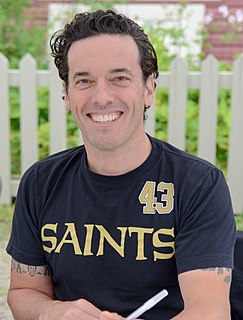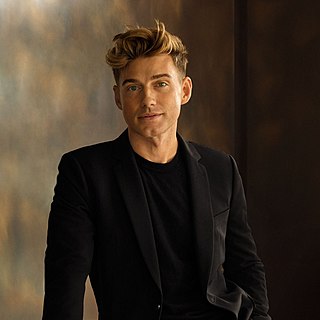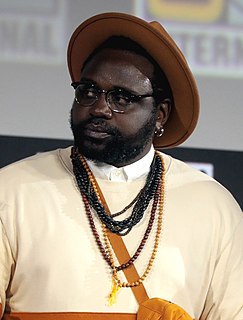A Quote by e. e. cummings
my
mother hoped that
i would die etcetera
bravely of course my father used
to become hoarse talking about how it was
a privilege and if only he
could
Related Quotes
my sweet old etcetera aunt lucy during the recent war could and what is more did tell you just what everybody was fighting for, my sister isabel created hundreds (and hundreds) of socks not to mention shirts fleaproof earwarmers etcetera wristers etcetera, my mother hoped that i would die etcetera bravely of course my father used to become hoarse talking about how it was a privilege and if only he could meanwhile my self etcetera lay quietly in the deep mud et cetera (dreaming, et cetera, of Your smile eyes knees and of your Etcetera)
I mean, her father was an alcoholic, and her mother was the suffering wife of a man who she could never predict what he would do, where he would be, who he would be. And it's sort of interesting because Eleanor Roosevelt never writes about her mother's agony. She only writes about her father's agony. But her whole life is dedicated to making it better for people in the kind of need and pain and anguish that her mother was in.
I hoped that Grace would be a little bit of the best of all of us: Scarlett's spirit, and my mother's strength, Marion's determination, and Michael's sly humor. I wasn't sure what I could give, not just yet. But I would know when I told her about the comet, years from now, I would know. And I would lean close to her ear, saying the words no one else could hear, explaining it all. The language of solace and comets, and the girls we all become, in the end.
She [Hillary Clinton] knows the people well. I think there is - you know, also talking about breaking down barriers and talking about that, whether we`re talking about that in economic terms. I mean, she`s the only person who has been out there talking about white privilege and talking about sort of the intersectionality of some of these issues.
There's a few scholars that object to how the italicized sections suggest that Native people are to take some part in the blame for how colonization occurred. But I say, "Yes they are." Not nearly as much blame as the colonizers, of course. But we are not just victims. I hate this idea that we are all just victimized and oppressed and etcetera etcetera. It's dehumanizing in its own way.
I have a cousin, a second cousin, who lives in L.A., and she was with me while I was getting ready. She was talking about her father and his brothers. And I remember my mother's tales of how competitive they were with each other and how they would play for blood, you know. And I thought - I'm an only child, and I don't know what that's like. I have to figure out the Southern thing.
I study everything that I do to become better all the time at my craft. The beauty for me about being an artist is that the dream will never die because I'm not obsessed with material things and don't care about the money and don't care about the attention of the public but only the love of my fans. For me it's about keeping the dream alive of how much more devoted, how much more honest, how much better of an artist can I become? That's the only fear that I ever have, that the dream will die.
Every father is given the opportunity to corrupt his daughter's nature, and the educator, husband, or psychiatrist then has to face the music. For what has been spoiled by the father can only be made good by a father, just as what has been spoiled by the mother can only be repaired by a mother. The disastrous repetition of the family pattern could be described as the psychological original sin, or as the curse of the Atrides running through the generations.
When you talk about "white privilege", you're talking about something systemic. When you're talking about "black privilege" it's something spiritual because we as black people tap into a divine system that a lot of other cultures and races can't tap into and that system allows us to prosper in spite of everything that's been thrown our way from slavery to segregation to mass incarceration. We have a privilege pre-ordained by God that nothing and no one can stop.






































